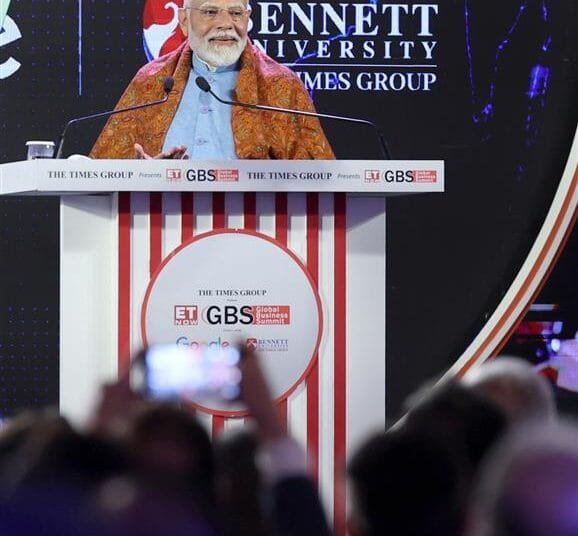Prime Minister Narendra Modi led National Democratic Alliance (NDA) government, that assumed power in India an year ago, has given a boost to the confidence of entrepreneurs and significantly improved the perception of foreign investors towards the South Asian giant.
According to a piercing analysis done by the Singapore banking group, DBS, India is on the right track to revive its economy but challenges remain.
The economy is in better shape now than an year ago, DBS observed in a report titled, “India: time to deliver”. While policy makers get some of the credit, favorable externals such as low prices of commodities including crude oil and monetary-wise, ample liquidity has also helped.
Domestic reforms have been broad-based and incremental. Critical areas for changes have been earmarked, including urbanization, financial inclusion (broader public access to banking facilities), upgraded infrastructure and a bigger role for manufacturing in the economic scheme of things.
Interestingly at the same time, some of the reform measures, including rationalization of subsidies, smaller hikes in support prices for food and cash crops and a clampdown on black money could crimp growth in the short-term, the report warned.
The report which was released to mark the first anniversary of NDA government, DBS Group said that the country’s Gross Domestic Product is growing but the pace is not in line with the market expectations.
MISMATCH: EXPECTATIONS Vs OUTCOMES
Any return to 9 per cent – 10 per cent economic growth is probably a few years away. Much of the groundwork for reforms has already been laid but the implementation is yet to be done, said DBS, which also operates branches in India and rates the South Asian nation as one of markets worldwide which has the fastest potential for growth.
“Risks relating to implementing bold new policies loom large but we are optimistic because reforms to be sure, take time,” said the bank.
The government is facing growing pressure to deliver on growth and reforms. It goes without saying that there has been a substantial improvement in perception about India and in fact the renewed confidence that ‘India means business’ is the most notable change since the last general election. From broad mistrust of yesteryears, markets have drawn confidence from the new administration, it said.
Having said that, while things are headed in the right direction, a mismatch between initial expectations and outcomes has led to disappointment, DBS stressed.
Keeping the optimism sustained in the medium term will not be easy, DBS said sounding a note of caution.
The government’s efforts to forge stronger ties with strategic global partners has provided for a positive image, the bank said.
The improvement in confidence brought US$42 billion of foreign capital inflows into Indian markets across asset classes in 2014. Economic indicators have also improved. Lower prices of commodities that India is importing and some important statistical changes have helped to improve the growth rate.
To cite an example, revising the base for calculating the GDP brought a sharp upward revision in the growth rate for the last fiscal to 7.4 per cent from earlier projections of a paltry 5 per cent. As of now the high-frequency indicators point towards stabilization in the growth trend, with a gradual pick up likely into the second half of current fiscal year.
Moderation in inflation has been noteworthy, with Consumer Price Index for last month estimated at 4.9 per cent compared with 8.5 per cent an year earlier.
Most of the pullback in CPI linked inflation is due to a slower increase in prices of food items, due to a success of the government’s short-term measures to offset the impact of lesser farm output.
As a result, the slower growth in prices of commodities amid subdued demand has kept a lid on core inflation.
In what has been a face saver for the government, the current account deficit also reduced significantly from (-)4.7 per cent of GDP in 2012-13 to (-)1.7 per cent in 2013-14 and is on track to fall further to (-) 1.2 per cent-(-)1.3 per cent in FY15, DBS said.
fii-news.com









